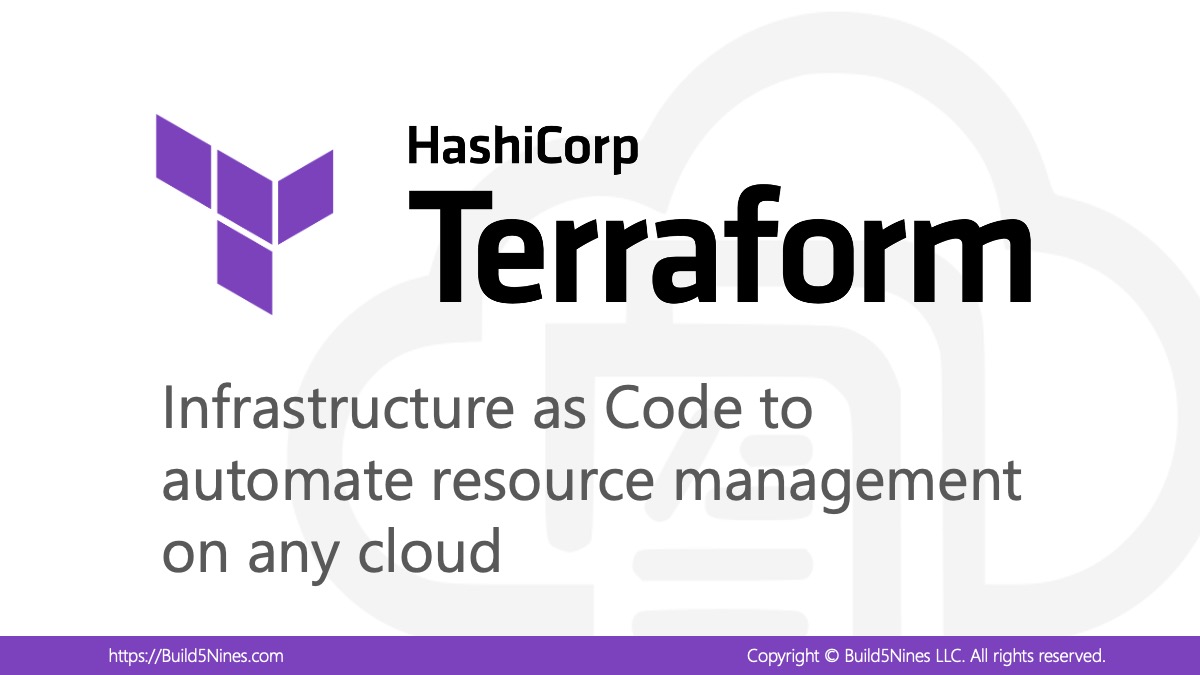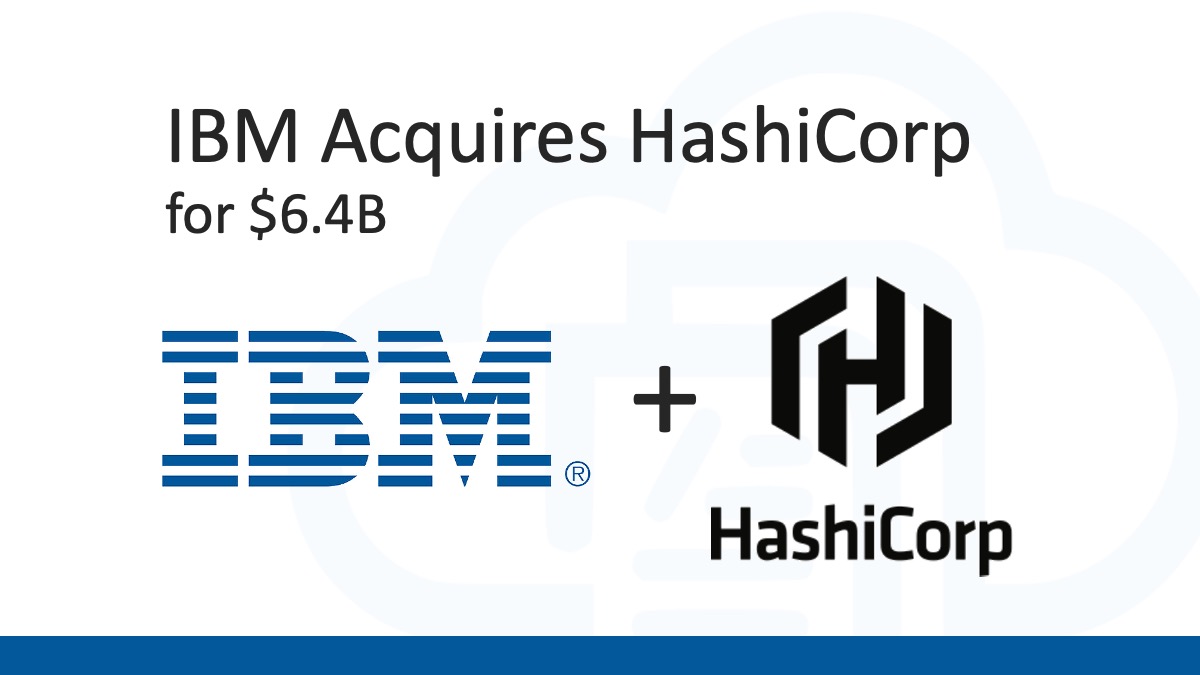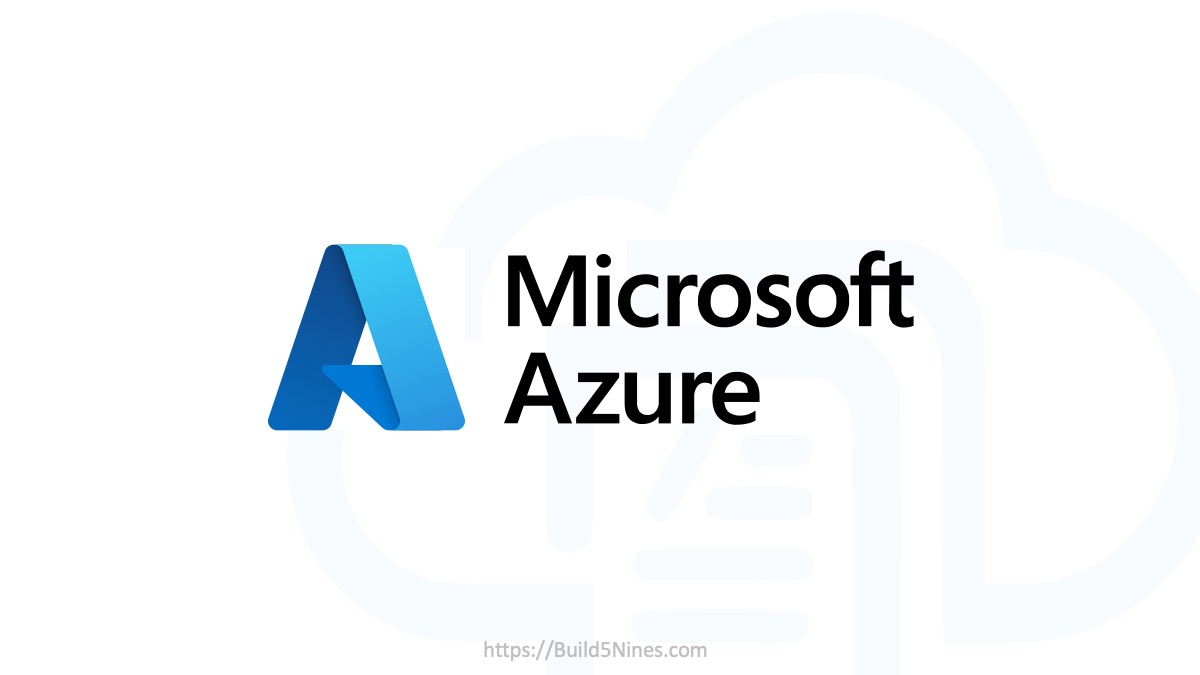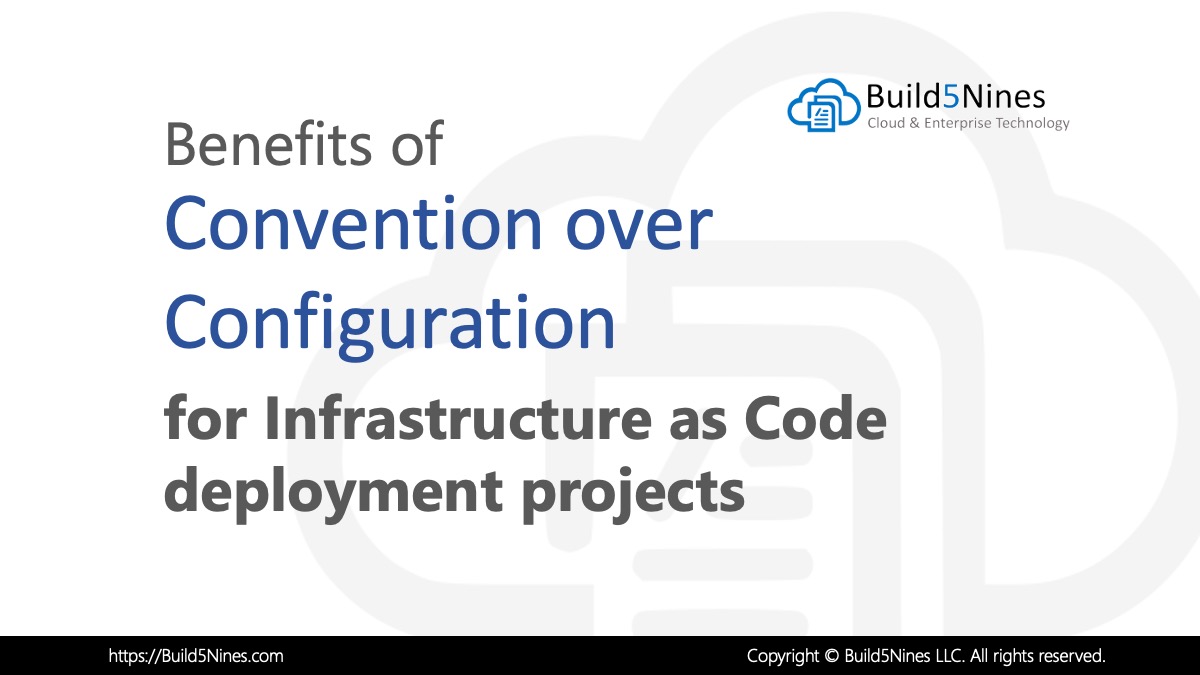As technology has been advancing, the use of scripting, coding, and automation has grown. This isn’t just a new popular thing, but a necessity in the modern IT landscape we find ourselves working within. Out of the many ways to differentiate yourself in the job market as an IT Professional, a really great way is to improve your skills and expertise in the tools and technologies used for DevOps Engineer and Site Reliability Engineer (SRE) roles.
While there often is no replacement for work experience, it’s still true that IT certifications are a great way to provide proof that you’ve developed the skills and expertise needed for these DevOps and SRE roles. There are many certifications available from technology vendors (such as Microsoft or HashiCorp) that you can achieve to help land that next promotion or even new job in the modern landscape of IT where DevOps and SRE skills are becoming increasingly more valuable.
The skills necessary for DevOps and SRE roles are varied, and often may seem daunting for those new to the IT field. However, don’t be discouraged no matter your years experience, it will certainly be worth it when you master the different skills and technologies used to better automate various IT tasks, or land the new DevOps or SRE job role you’re looking forward to.
Here’s a list of the main expertise categories that both DevOps Engineers and Site Reliability Engineers (SRE) either need to know or will benefit from:
- Scripting in languages like PowerShell, or Bash
- Coding in languages like Python, Go, Java, or C#
- Cloud Technologies like Azure, AWS, or Google
- Cloud Infrastructure Automation using Infrastructure as Code (IaC) like Terraform, Azure ARM / Bicep, or others
- Operating System (OS) deployment and configuration for Linux and/or Windows
- Source Control using Git or other version control tooks
- CI/CD (Continuous Integration and Continuous Deployment) automation using tools like Azure DevOps, GitHub, or others
- Infrastructure Networking configuration and troubleshooting (Cloud and/or On-premises)
- Database services like SQL Server, MySQL, NoSQL, or others
- Interpersonal communication and documentation writing (Sorry, not sorry, communication is extremely important!)
This is a pretty extensive list of skills. Don’t worry, you don’t need to know everything, or even be fluent with every languages or technology. When learning the skills necessary for DevOps and SRE roles, pick the technologies that are most relevant to your current role or desired role you’d like to get into. Then branch out from there to broaden your horizons,
Once you’ve focused a bit in a certain area, start focusing more towards certain certifications that could add something to your resume that will help in landing a promotion or or new job. Even if you aren’t trying to get a new job role, achieving certifications will also help broaden and deepen your expertise in a specific technology category. Certifications are great for really anyone looking to master the technologies the specific certification covers.
Table of Contents
List of DevOps and SRE Certifications
Almost any IT certification could be considered beneficial to a DevOps Engineer or Site Reliability Engineer (SRE) role. It really all depends on what the job role requirements are. The following is a break out by vendor that shows specific certifications that are either generally considered to be specific to DevOps or SRE roles, or are extremely closely aligned with what a DevOps or SRE role would benefit from.
- Microsoft Azure Certifications
- Amazon Web Services Certifications
- CompTIA Certifications
- HashiCorp Terraform Certifications
Related: If you are looking to move into a career as a Site Reliability Engineer or DevOps Engineer, then I recommend you read the “How to become a Site Reliability Engineer” article written by Chris Pietschmann
Microsoft Azure Certifications
If you are wondering where to start and have questions, please check out the following articles that will help answer some of the questions you may have around Microsoft certifications:
- Microsoft Certification: Where to Start?
- Most Popular Microsoft Azure Certifications
- Tips for Preparing for Microsoft Certification Exams
- Do Microsoft Certifications Expire?
- Microsoft Role-based Certifications
There are many more Microsoft certifications available. These are just a few to highlight specifically relevant to DevOps and SRE roles.
- Microsoft Certified: Azure Fundamentals
- Microsoft Certified: Azure Administrator Associate
- Microsoft Certified: Azure Developer Associate
- Microsoft Certified: Azure Network Engineer Associate
- Microsoft Certified: Azure Security Engineer Associate
- Microsoft Certified: Azure AI Engineer Associate
- Microsoft Certified: DevOps Engineer Expert
- Microsoft Certified: Azure Solutions Architect Expert
- Microsoft Certified: Azure IoT Developer Specialty
Microsoft certifications are broken out into multiple expertise levels: Fundamentals, Associate, and Expert. These are certification levels that show how each certification is targeted towards different levels of experience with the technologies. You can start with either an Associate or Fundamentals level certification, depending on which will serve you best.

Amazon Web Services Certifications
There are a few Amazon certifications available for Site Reliability Engineers and DevOps Engineers that work with Amazon Web Services (AWS).
- AWS Certified: Cloud Practitioner Foundational
- AWS Certified: SysOps Administrator Associate
- AWS Certified: DevOps Engineer Professional
- AWS Certified: Advanced Networking Specialty
CompTIA Certifications
There are a few certifications from CompTIA that are great ways to start gaining the skills necessary to begin a Site Reliability Engineer (SRE) or DevOps Engineer career.
HashiCorp Certifications
There are a few Cloud Engineer focused certifications available from HashiCorp that cover their Terraform, Consul, and Vault technologies. These are certifications that are targeted at Cloud Engineers which also fits the role of modern DevOps Engineers and Site Reliability Engineers (SREs).
- HashiCorp Certified: Terraform Associate
- HashiCorp Certified: Consul Associate
- HashiCorp Certified: Vault Associate
Each of the HashiCorp certifications test both conceptual knowledge and real-world experience using the HashiCorp tools. When it comes to HashiCorp Terraform, if you are looking to get started or even level up your skills, please check out the following articles.
- Get Started with Terraform on Azure
- Use Terraform Input Variables to Parameterize Infrastructure Deployments
- Terraform Modules: Create Reusable Infrastructure as Code
- Terraform: If/Else Conditional Resource and Module Deployment
- Terraform Feature Flags & Environment Toggle Design Patterns
- Terraform Quickstart Templates OSS Project
Happy studying and good luck on your certification exams!

 Terraform: Modules using Git Branch as Source
Terraform: Modules using Git Branch as Source
 Analyzing IBM’s Acquisition of HashiCorp: A Game-Changer in Hybrid Cloud Management
Analyzing IBM’s Acquisition of HashiCorp: A Game-Changer in Hybrid Cloud Management
 Why do Azure Resource Groups have an Azure Region association?
Why do Azure Resource Groups have an Azure Region association?
 Benefits of Convention over Configuration for IaC Deployment Projects
Benefits of Convention over Configuration for IaC Deployment Projects
 Azure Functions: Extend Execution Timeout Past 5 Minutes
Azure Functions: Extend Execution Timeout Past 5 Minutes
